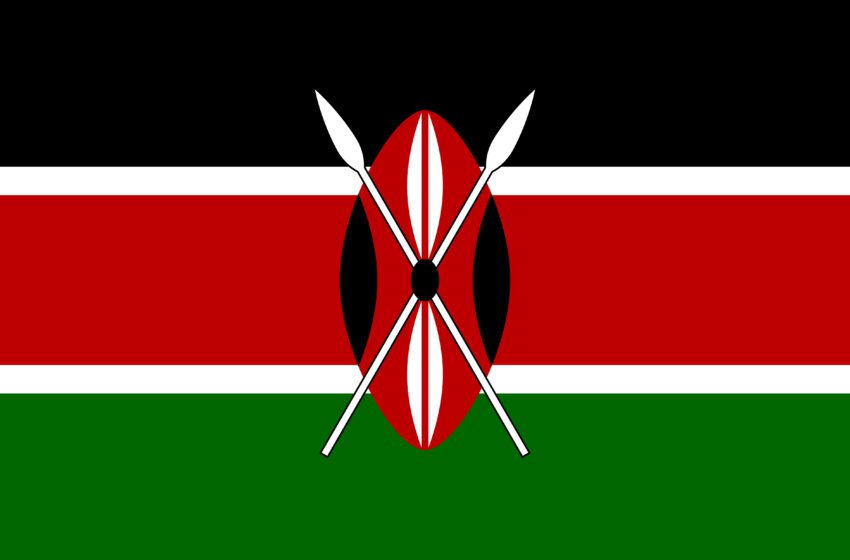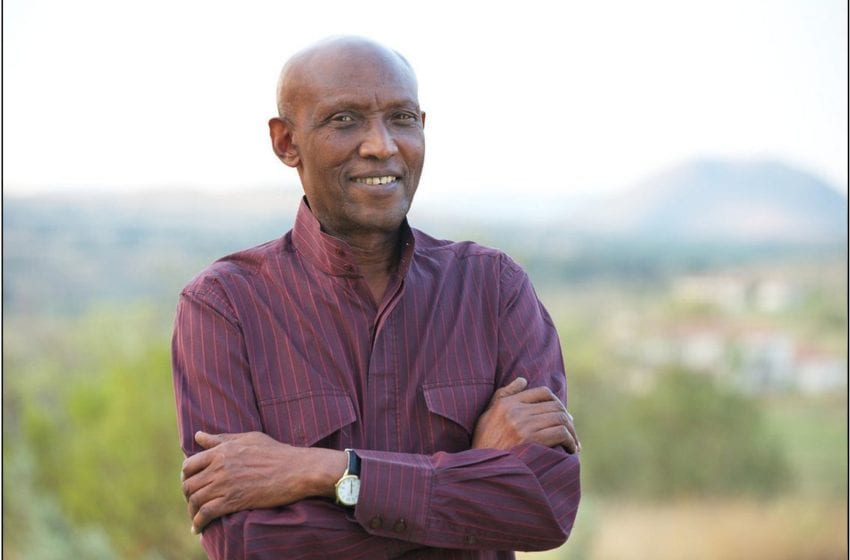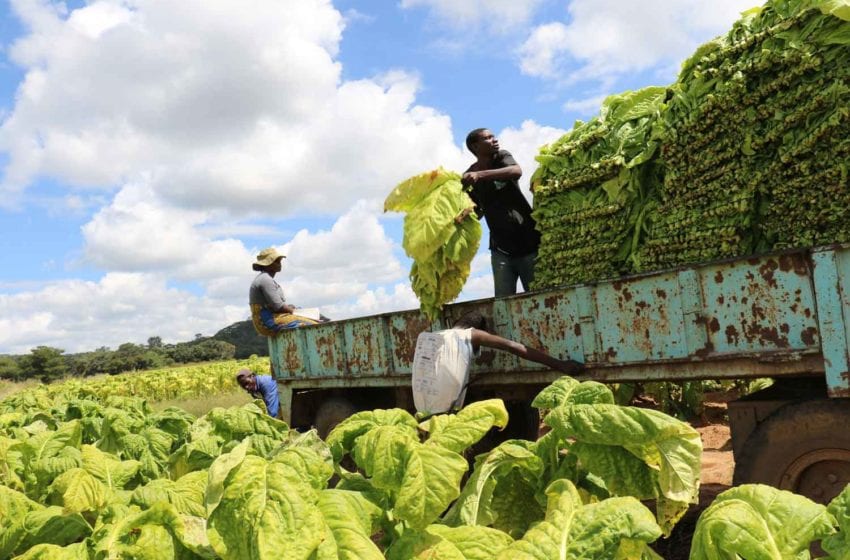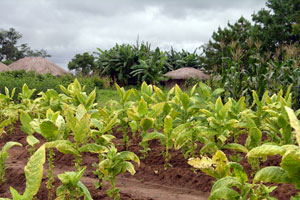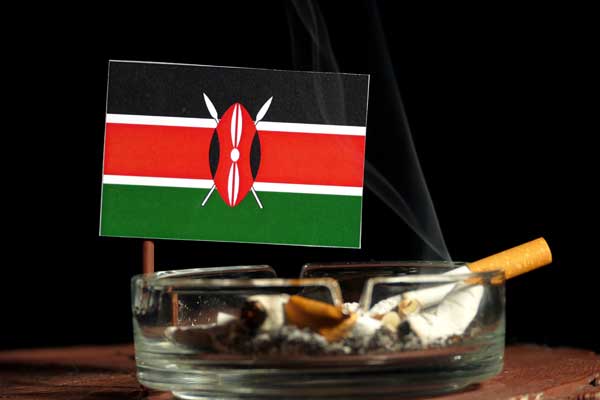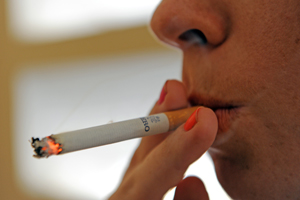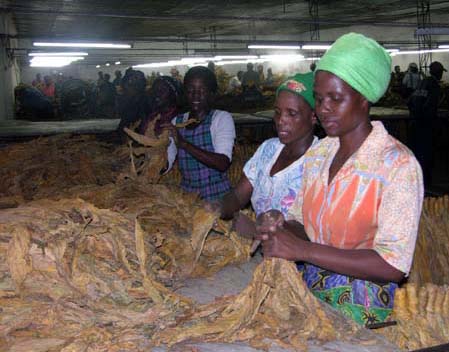Financial statements included $1.2 million in fictitious sales to Eastern Co. Read More
Tags :Africa
Vaping advocates warn the new proposals will push safer alternatives out of reach.Read More
Ayabatwa’s advisor says it is hard for foreign researchers to grasp Africa’s complexities. Read More
The area used to produce leaf increased on the continent even as it fell on a global scale. Read More
Given what we know about the health effects of smoking tobacco, steps must be taken to discourage the uptake of cigarettes in countries were smoking is currently relatively low. Read More
Accusations of modern-day colonialism cannot be brushed off. The tobacco industry needs to examine closely what it is doing in Africa, from its leaf purchases to its product sales.Read More
Although research showing an increase in demand for cigarettes in Africa covers the period 1990-2012, the authors say the increase is continuing.Read More
With its smoke-free challenge in the Middle East and Africa, Philip Morris International is trying to make a positive contribution to reducing the harm caused by smoking. Read More
Bans on the sale of single cigarettes, while often well-intentioned, can make life difficult for committed smokers who find themselves temporarily short of cash.Read More
The Guardian newspaper is scheduled to run a series of stories under the heading, Tobacco: a deadly business. The first, concentrating on Africa, appeared yesterday.Read More

